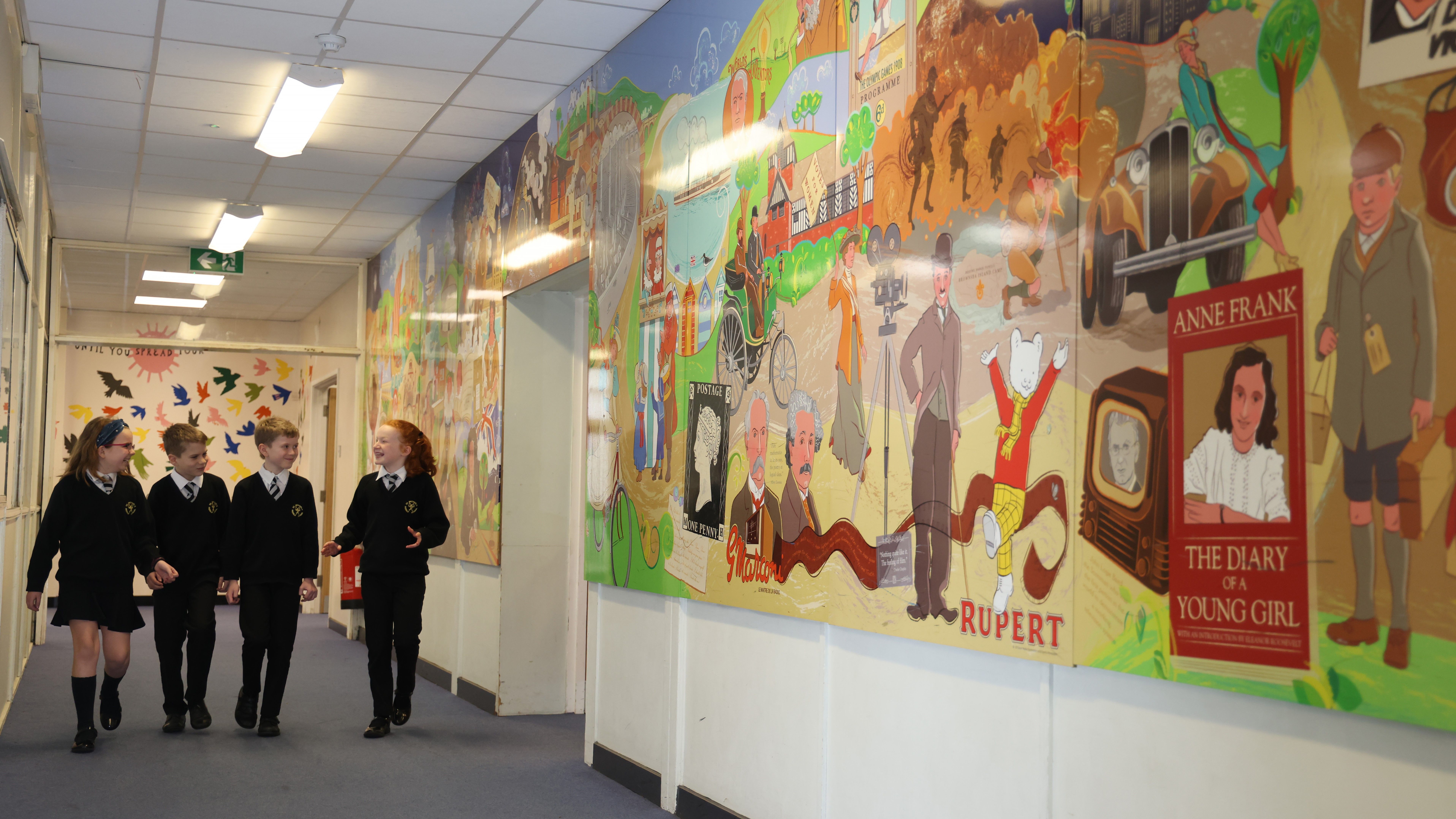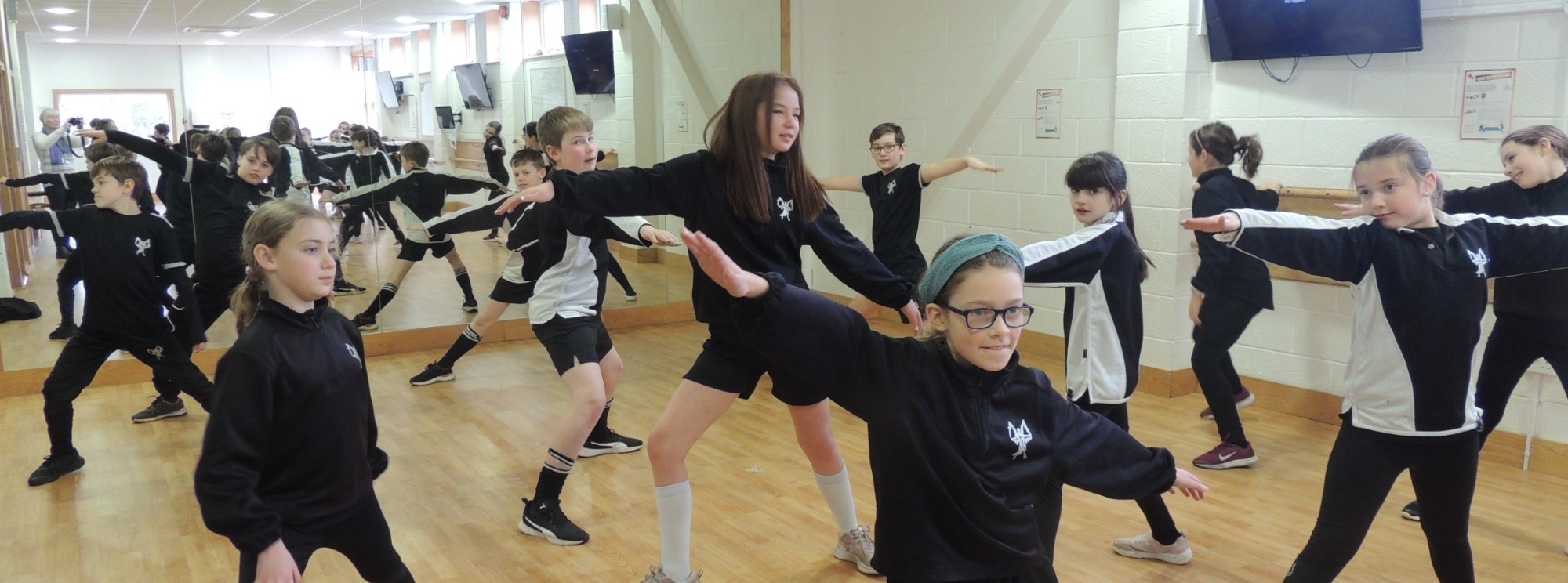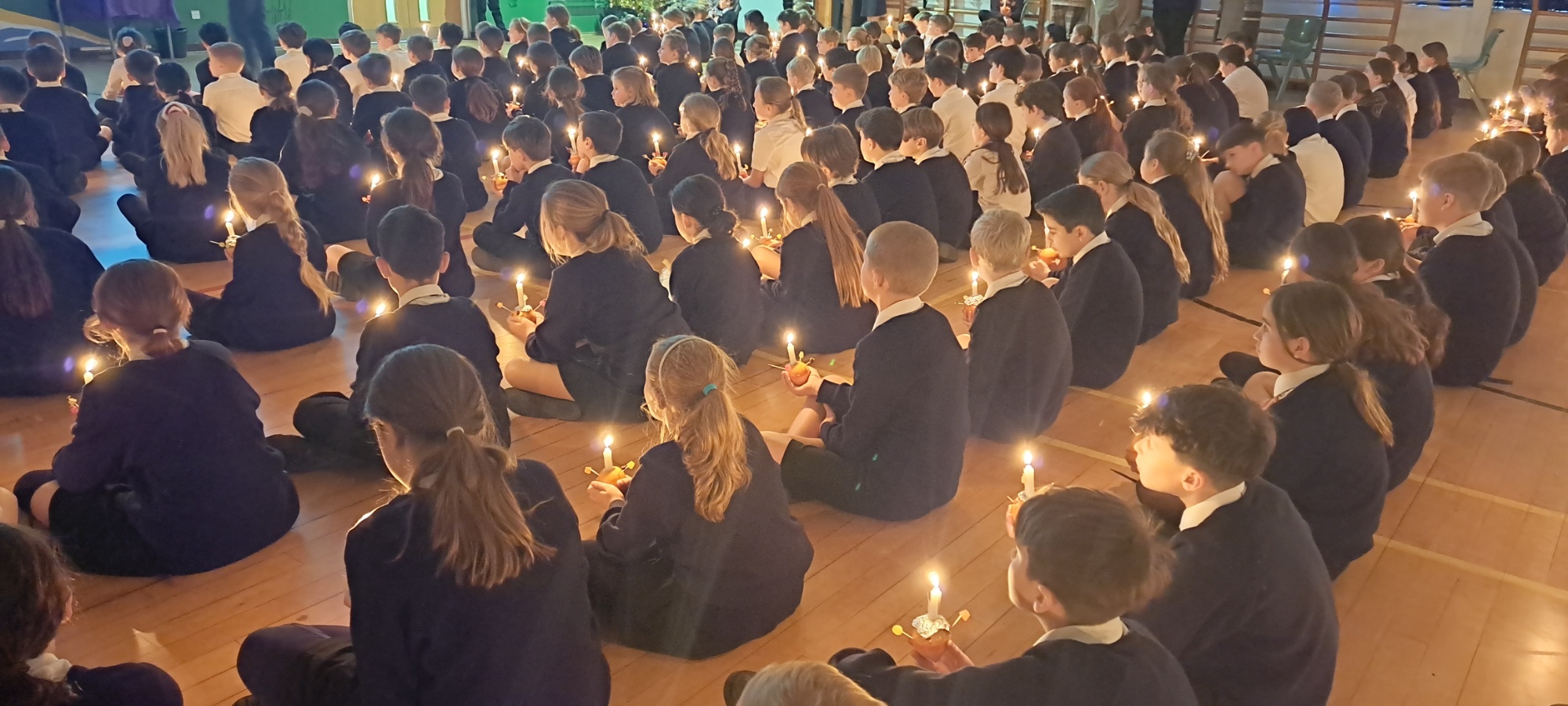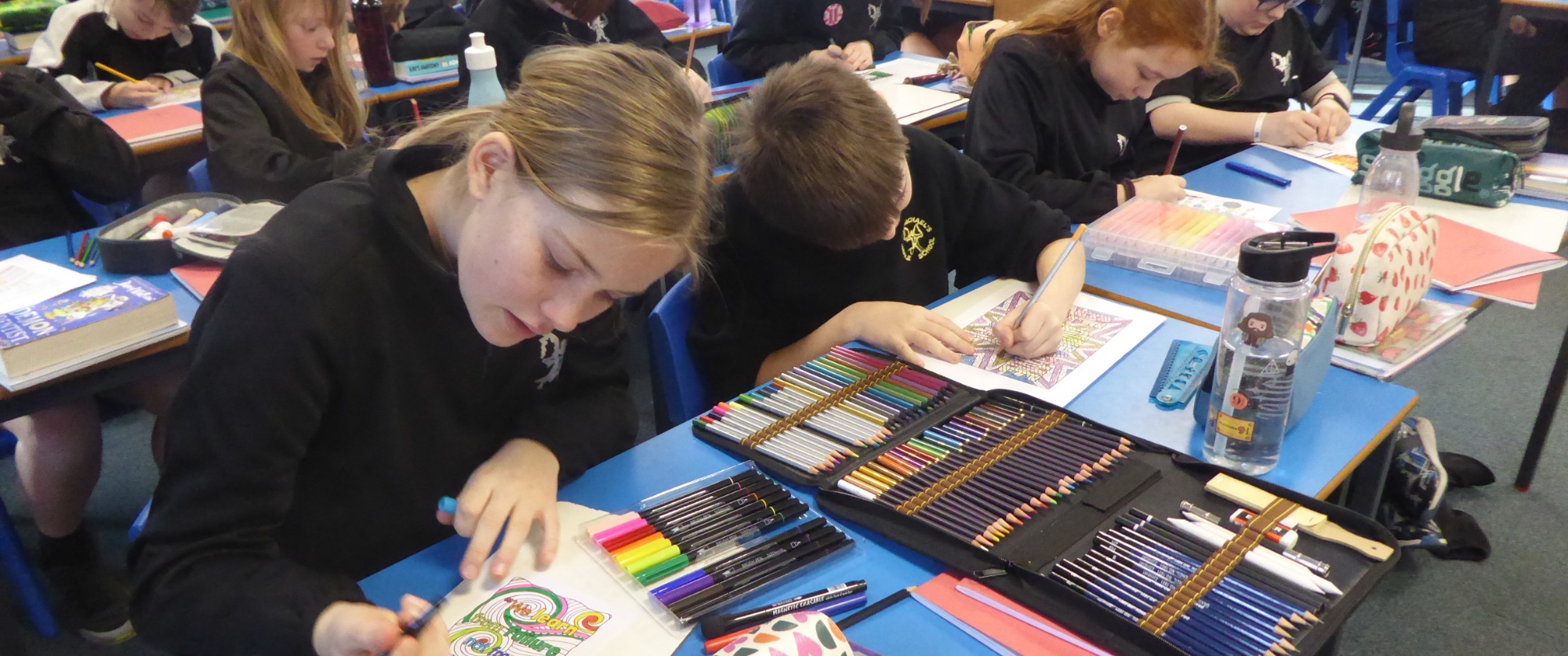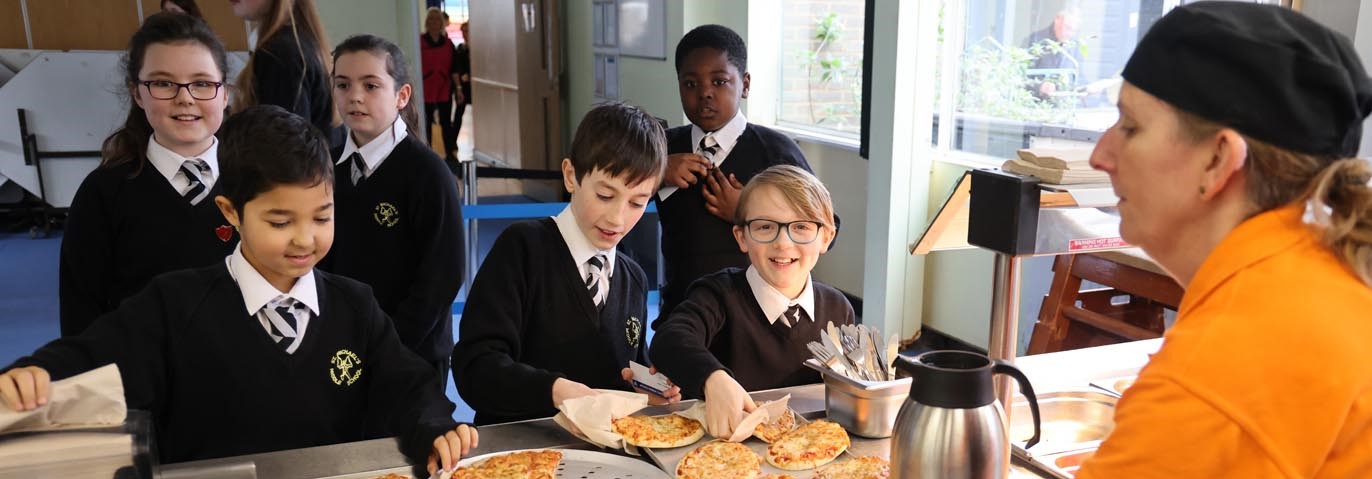PSHE
PSHE education at St Michael’s Middle School contributes to the development of skills required to support our young people to thrive as individuals and to play an active role as citizens of our community. It is our aim that all children have high aspirations and a belief in themselves. We are fully committed to providing an engaging curriculum where children develop confidence in sharing their own thoughts and opinions with others; develop life skills and attributes to keep themselves healthy and safe; are prepared for future employability and have a financial understanding; and develop an attitude of a responsible global citizen that can show tolerance of others beliefs, religions and life choices.
More information about the objectives for each topic can be found here.
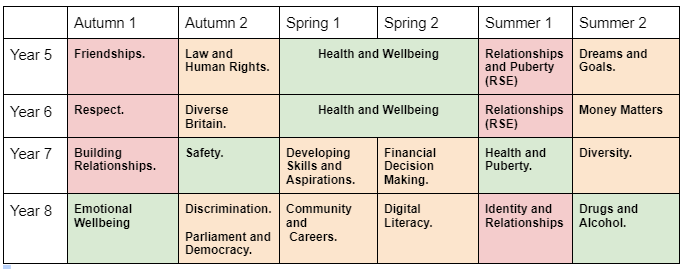
Subject Statement
At St Michael’s Middle School, we provide a high quality, broad and balanced PSHE curriculum to enable pupils to become confident, informed, active and responsible citizens. We do not restrict the teaching of PSHE just within individual PSHE lessons, instead it permeates and is embedded throughout the whole school - including in other curriculum subjects, Collective Worship and through our interventions and extracurricular opportunities. Within PSHE lessons, learning opportunities for each key stage are spread across three core themes: Health and Wellbeing; RSE (Relationships & Sex Education) and Living in the Wider World.
We support children to see alternative perspectives and educate them to develop skills of tolerance and respect towards others’ beliefs, religions and life choices and encourage diversity and difference. Our aim is for every child to have high aspirations and self-belief to support them throughout life. We also provide opportunities for reflection on their own experiences, critical thinking and resilience so that pupils make sound decisions when facing risks, challenges or new or more complex situations. As a school we also value student feedback and insight regarding the world, culture & community that they live in and gain their views through Student Voice.
Knowledge, skills and attributes are developed throughout to enable all our students to make informed decisions about their safety, wellbeing, health and relationships, preparing them for the opportunities, responsibilities and experiences both now and in their future. A key aspect is to promote their understanding of how they are developing personally and socially, tackling many of the spiritual, moral, social and cultural issues that are part of growing up. British Values are promoted through the overarching aims and objectives of PSHE by supporting our children to become healthy and responsible members of society, as well as preparing them for life and work in modern Britain.
As a school we place great importance on staff training to ensure we are teaching relevant topics and to equip staff and therefore pupils in understanding and tackling challenging issues in a fast changing world.
Core Values
The school mission statement is: ‘Each person, uniquely made in God’s image, merits the best that we can give’.
The PSHE Curriculum aspires to meet the aims and values of our mission statement through our core values of Aspiration, Belief and Creativity: St Michael’s ABC.
PSHE builds ASPIRATION by teaching young people:
-
The skills to evaluate their strengths; setting realistic goals with criteria for success and the skills to monitor this.
-
Encouraging organisational skills, personal responsibility, initiative, creativity and enterprise with a commitment to learning and self-improvement. Helping them to actively embrace change, to respond positively to new priorities, cope with challenges and embrace opportunities.
-
Promoting confidence when working with others, an ability to adapt to different contexts as well as demonstrating respect for others views. Developing skills and understanding to help form collaborative relationships and an ability to resolve issues to reach agreed outcomes.
-
To become the best ‘citizens’ of the local, national and international communities, by aspiring to have positive and safe relationships with those around them.
PSHE builds BELIEF by teaching young people:
-
To process and evaluate information aiding them to make informed and well reasoned decisions, recognising that others have different beliefs and attitudes.
-
Recognising and celebrating individual successes and embracing an 'I can' growth mindset attitude, and developing awareness and promoting the importance of positive mental health and wellbeing.
-
To actively engage with issues that affect them and those around them. Encouraging them to play a full part in the life of St Michael’s Middle School, and in their further education places, workplace and wider community This includes encouraging involvement in extracurricular clubs and roles of responsibility across the school and by taking responsible action to bring improvements for others as well as themselves.
-
To foster an environment based on respect and tolerance - to enable belief that their opinions/ideas will be valued and respected, so that they feel safe to share ideas and opinions with their peers and those around them.
-
Developing cultural capital and building confidence and assertiveness.
PSHE builds CREATIVITY by teaching young people:
-
To think creatively through exploring ideas independently and with others and finding different ways to tackle a problem and to find imaginative solutions and outcomes.
-
Encouraging self-expression and pupil voice.
-
To share their experiences, and use these to help others understand and have the ability to create opportunities for themselves.
-
To recognise different methods of communication so that they can effectively relate to their peers, parents and staff at school.
-
Opportunities to devise and undergo creative ways of supporting local, national and international charities.
-
To attend a number of theatre-based workshops regarding alcohol/substance misuse/virtual communication/sexual exploitation. This allows pupils to see these topics brought to life, visually and creatively. This aids understanding of the content/meaning of the topic for some pupils.
Wider British Values
Promoting British values at St Michael’s Middle School
Rationale:
The DfE has published guidance on promoting British Values in schools to ensure young people leave school prepared for life in modern Britain. We have a duty to ‘actively promote’ the fundamental British values of democracy, the rule of law, individual liberty, and mutual respect and tolerance of those with different faiths and beliefs.
Through PSHE we aim:
-
To enable pupils to develop their self-knowledge, self-esteem and self-confidence;
-
To enable pupils to distinguish right from wrong and to respect the civil and criminal law of Britain;
-
To encourage pupils to accept responsibility for their behaviour, show initiative, and to understand how they can contribute positively to the lives of those living and working in the locality of the school and to society more widely;
-
To enable pupils to acquire a broad general knowledge of and respect for public institutions and services in Britain;
-
To further tolerance and harmony between different cultural traditions by enabling pupils to acquire an appreciation of and respect for their own and other cultures;
-
To encourage respect for other people;
-
To encourage respect for democracy and support for participation in the democratic processes, including respect for the basis on which the law is made and applied in Britain.
Democracy:
Pupil voice is important and valued at St Michael’s Middle School, with children being asked their opinions and suggestions about school matters both in PSHE lessons and throughout the wider school. Leading pupil roles across the school including School Council, Peer Mentors, Anti Bullying Ambassadors, School Ambassadors, Reading Ambassadors, Sports Ambassadors and House Captains are democratically-selected from all year groups to ensure that pupils are able to make valuable contributions to the development of the School and all meet regularly. All the above responsibilities provide excellent role models for younger pupils and often represent the School in different ways, such as showing prospective parents around, leading assemblies and undertaking positive roles to support the school community.
The Rule of Law:
Pupils throughout St Michael’s Middle School develop their understanding of what is right and what is wrong. Student voice are involved wherever possible in writing or amending school policies. Through their daily school life and explicitly in PSHE lessons, pupils develop their understanding of morality through focusing on their actions, responsibilities and consequences.
Tolerance of those of Different Faiths and Beliefs:
This is achieved through enhancing pupils’ understanding of their place in a culturally diverse society and by giving them opportunities to experience such diversity. Learning about a wide range of different religions in RE and PSHE offer these opportunities and also support discussions about the issue of prejudice.
Mutual Respect:
It is an abiding expectation that all members of the School’s community demonstrate respect and tolerance at all times. We celebrate and highlight difference and uniqueness within our daily Collective Worship. Our Student Voice along with staff have contributed to St Michael’s Middle School Policies which encompass our Christian ethos and mission statement: ‘Each person, uniquely made in God’s image, merits the best that we can give’.
Individual Liberty:
At St Michael’s Middle School we wholly support the UNICEF’s Rights of the child
http://www.unicef.org/rightsite/files/uncrcchilldfriendlylanguage.pdf
Within the school day we actively encourage students to make considered and wise choices through the provision of a safe environment and empowering education.
Pupils are encouraged to know, understand and exercise their rights and personal freedoms and are advised how to exercise these safely through:
-
Online Safety and PSHE lessons
-
Participation in our numerous extended extracurricular clubs and opportunities
-
Through our school ‘Your health matters days’
-
Student voice
-
Non-uniform days
Collective Worship: At St Michael’s, our daily, dedicated Collective Worship time (where we meet as a class, year group and whole school), gives time to sharing and discussing the British Values. Within this time, members of the school community and outside speakers share examples of the British Values in action and support the children in remembering each value and its meaning within the Christian context of our school. During Collective Worship time they also help underpin and reinforce our work in PSHE lessons.
Where it all fits in
PSHE helps to develop and equip young people with the necessary life skills to be healthy, happy and safe individuals as they progress through childhood into adulthood. It promotes adept, capable and assured learners; positive relationships; and a broader understanding of the world around them.
If you like this subject then these are some of the jobs you can go on to:



